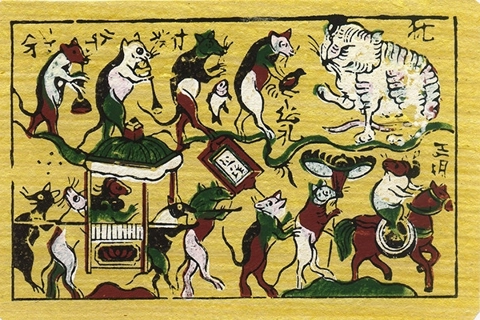Life
Book Introduction: “Amerika” (The Missed Person) by Franz Kafka
May 08, 2017 / 08:56 PM
Franz Kafka’s first novel depicting people’s loneliness & hopelessness after arriving in a new world in search of a new life.

“Amerika” – Max Brod had given this title – or “The Missed Person” – as Franz Kafka titled the narrative – describes a conflictual, chaotic society where people feel lonely and hopeless after they have arrived in a new world searching for a new life.
After an incident involving a housemaid, the 17-year-old Karl Roßmann is banished by his parents to America. As the ship arrives in the United States, he becomes friends with a stoker who is about dismissed from his job. Karl decides to help him and together they go to see the captain of the ship, who is in a meeting with Senator Jacob. Mr. Jacob happens to be the unexpected uncle of Karl and takes him home but later repudiate Karl, because he makes a visit to his uncle’s friend without permission. Wandering aimlessly, he meets two tramps, an Irishman and a Frenchman. They first seem to be good friends but then turn out to be cheaters to the detriment of Karl. Because of the Irishman, Karl loses his job as a lift-boy in a hotel. After that he’s employed and exploited as a servant against his will in the flat of the two tramps.
The book was translated into Vietnamese by Le Chu Cau.
Language: Vietnamese
“Amerika” (The Missed Person) by Franz Kafka will be on Tue 09 May 2017, 6 pm at Goethe Institut, 56-58 Nguyen Thai Hoc, Ba Dinh, Hanoi.








